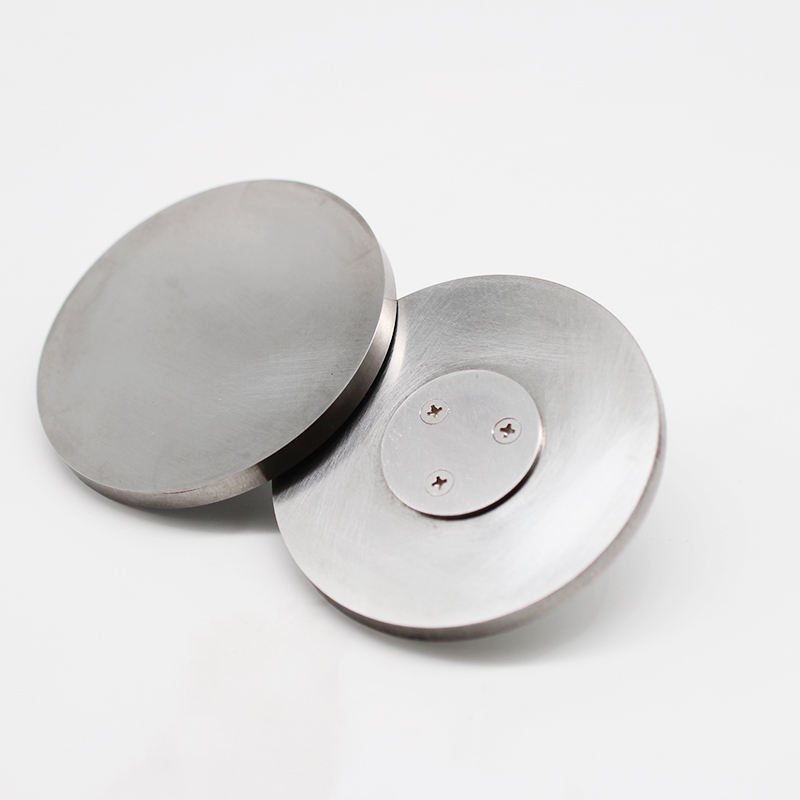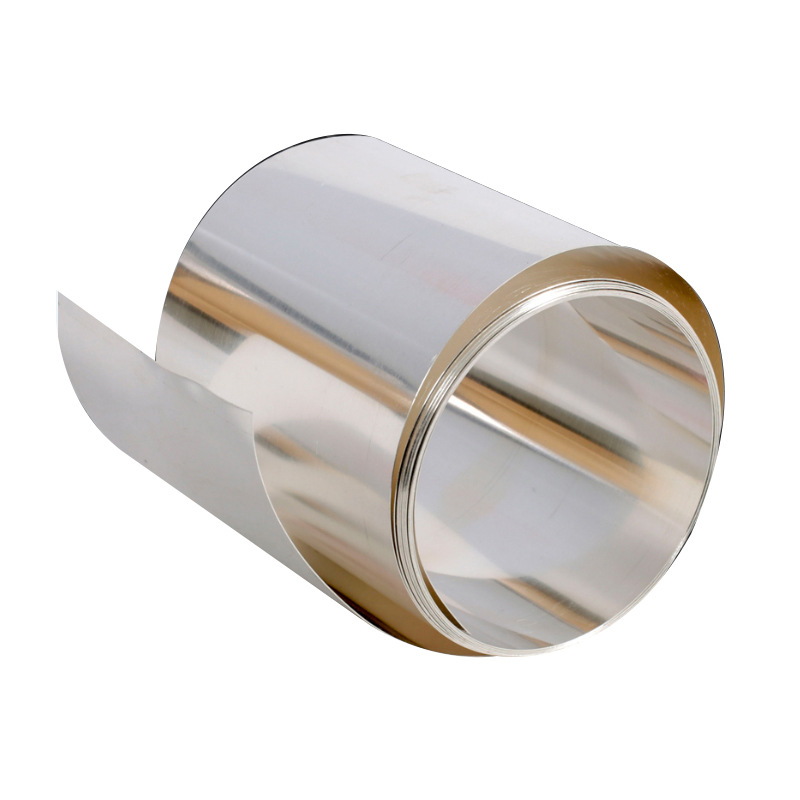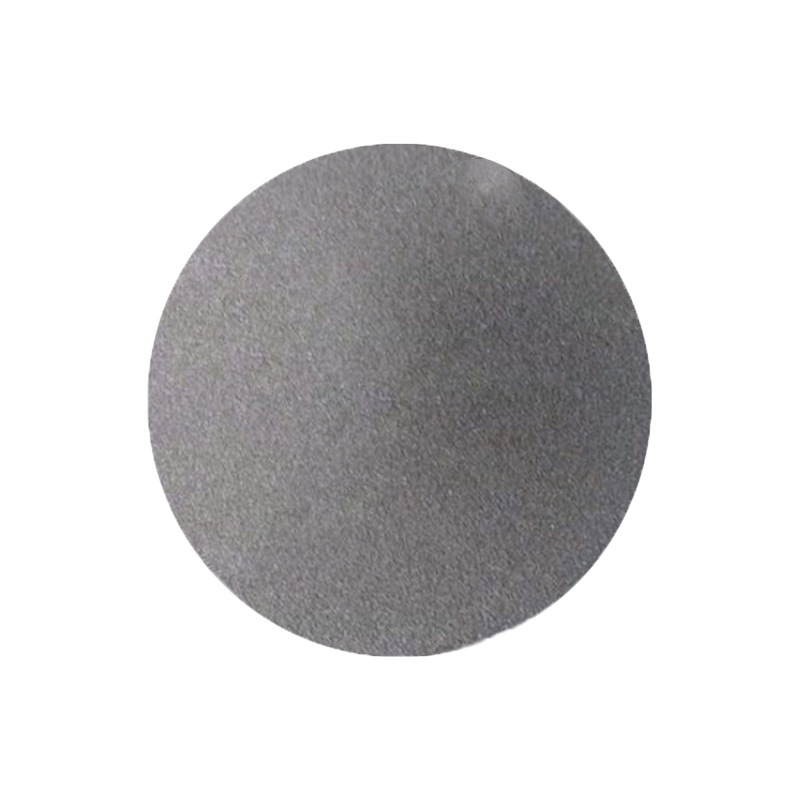-

- High Thermal Stability: Performs exceptionally well in extreme temperature environments.
- Enhanced Ductility: Improved mechanical performance over pure molybdenum.
- Excellent Conductivity: Ensures reliable electrical and thermal performance.
- Customizable Options: Tailored to meet the specific requirements of various deposition systems.
- Corrosion Resistance: Long-lasting performance in aggressive environments.
-

- High Melting Point: Rhenium has an extremely high melting point of 3180°C, making it ideal for use in environments with intense heat.
- Excellent Corrosion and Oxidation Resistance: Rhenium foil shows outstanding resistance to oxidation and corrosion, even at high temperatures.
- High Density and Strength: Known for its superior density and strength, rhenium foil maintains structural integrity under heavy loads and extreme temperatures.
- Thermal and Electrical Conductivity: Rhenium exhibits excellent thermal and electrical conductivity, making it suitable for high-performance applications in electronics.
- Malleability and Ductility: Despite its strength, rhenium foil can be easily processed, providing flexibility in various manufacturing processes.
-

- Extremely High Melting Point: Rhenium has a melting point of 3,186°C, making it ideal for applications involving extreme temperatures.
- Excellent Thermal Stability: Rhenium maintains its structural integrity and electrical conductivity at high temperatures, making it suitable for demanding applications.
- Corrosion and Oxidation Resistance: Rhenium offers high resistance to oxidation and corrosion, ensuring durability in harsh environments.
- Superior Mechanical Strength: Rhenium thin films are strong and stable, providing long-lasting performance in extreme conditions.
- Good Electrical Conductivity: Rhenium’s conductivity makes it suitable for high-performance electronic applications.
-

- High Melting Point: Rhenium has one of the highest melting points of any element (3,180°C), making it ideal for high-temperature applications.
- Exceptional Heat Resistance: Retains its mechanical properties and structural integrity in extreme thermal environments.
- Corrosion Resistance: Excellent resistance to oxidation and corrosion, especially at elevated temperatures.
- Alloying Element: Enhances the performance of superalloys and refractory metals, improving their strength, creep resistance, and overall stability.
- Catalytic Efficiency: Rhenium is highly effective in catalytic processes, particularly in the petrochemical industry.




